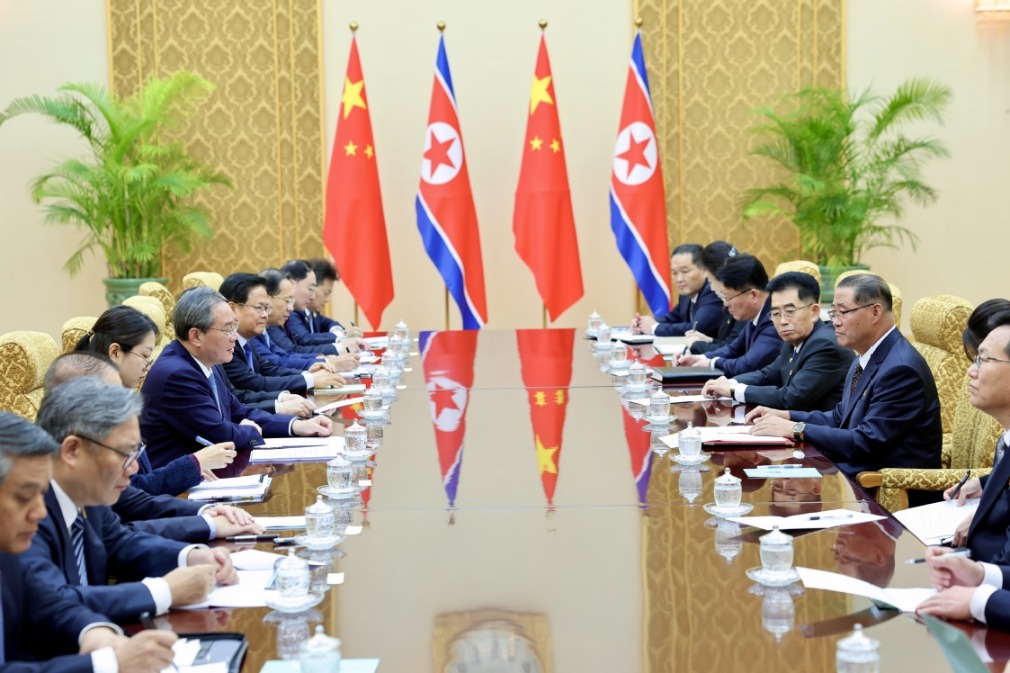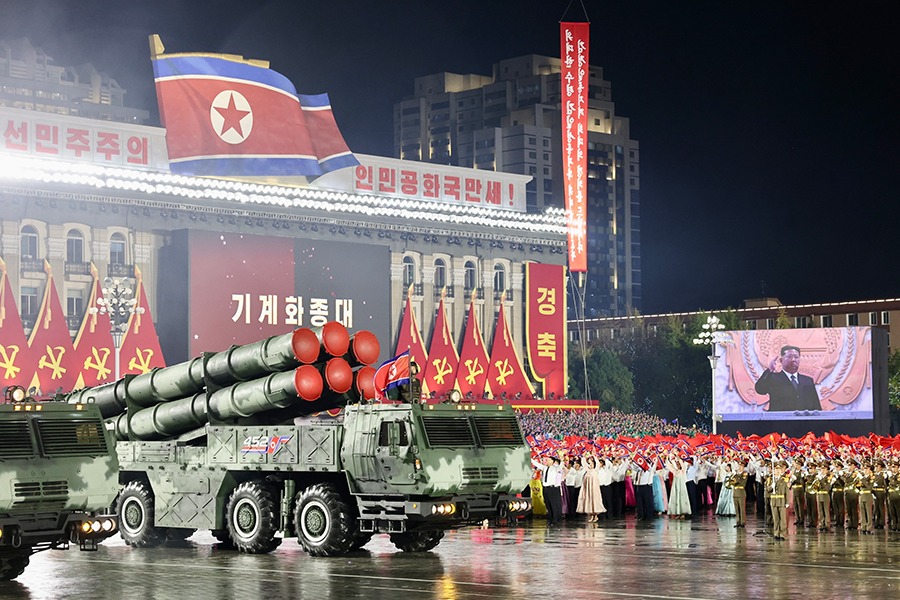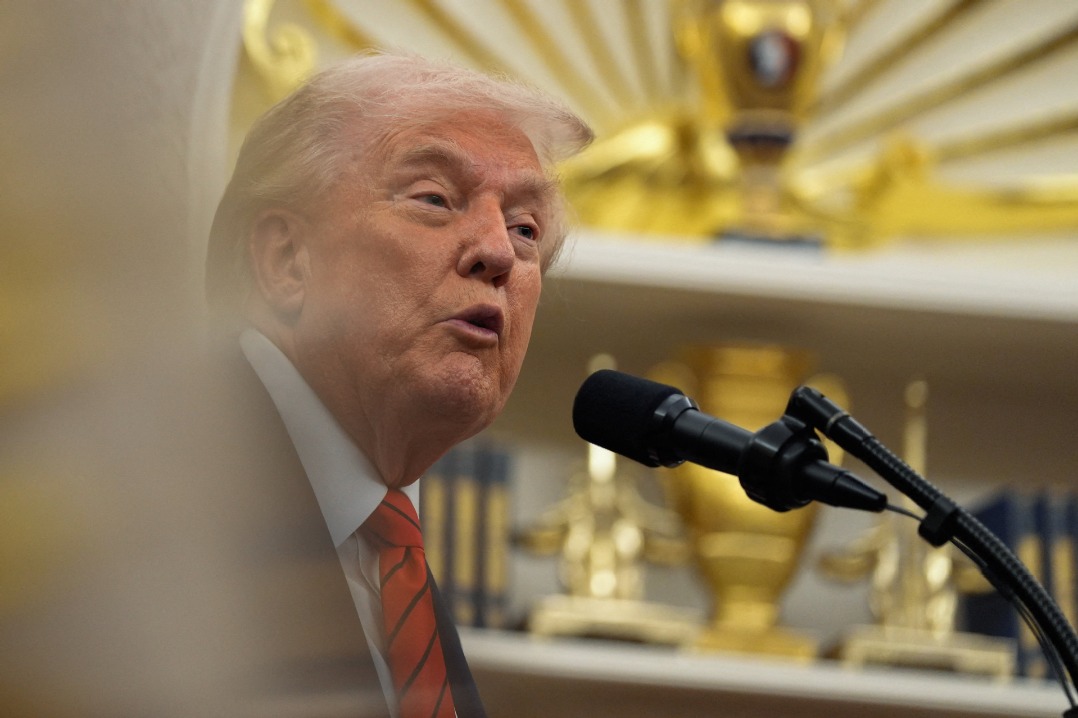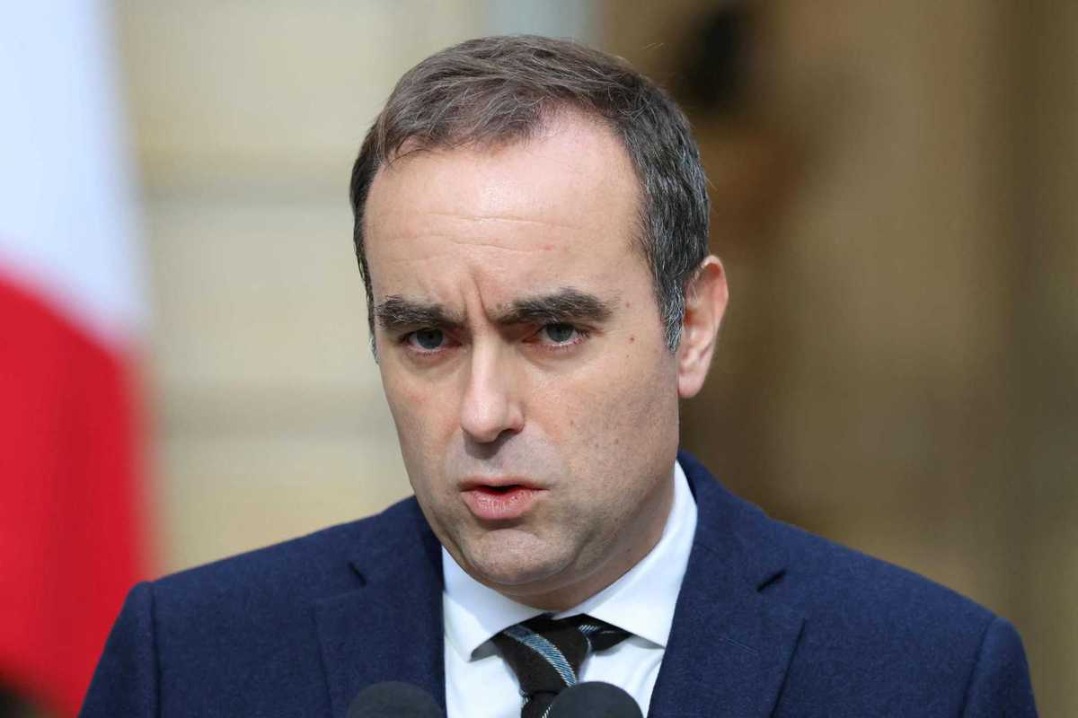Jakarta sustainability forum counts cooperation with China and others to meet SDG goals


In order for Indonesia to succeed in achieving its Global Sustainable Development Goals, the country needs to collaborate with global green leaders, such as China, the Indonesia International Sustainability Forum (IISF) 2025 has heard.
Themed "Investing for a Resilient, Sustainable and Prosperous World," the forum, which ran from Oct 10-11, featured over 60 speakers — including more than 30 international speakers — and was attended by leaders of global and local companies, multilateral institutions, world leaders from sustainability fields, representatives of financial institutions, investors, researchers and academics. The forum was coupled with an exhibition on sustainability technologies.
Opened by Coordinating Minister for Infrastructure and Regional Development Agus Harimurti Yudhoyono, the IISF event touched on a number of issues, including green transition, digital transformation, smart mobility, and industrial decarbonization.
Speakers noted Indonesian President Prabowo Subianto's pledge at last month's United Nations General Assembly, that the country could achieve its net-zero target before 2050, ahead of the 2060 deadline it had committed to during the UN Climate Change Conference in Glasgow (COP26).
Investment Minister Rosan Perkasa Roeslani told the forum that Indonesia needs to make extra efforts for meeting its net-zero emission target, optimizing the utilization of the archipelago's abundant renewable energy potentials like solar, hydro, tidal, wind and geothermal resources.
The minister said that with abundant nickel reserves, accounting for 43 percent of the world's supply, Indonesia has taken steps toward building an electric vehicle battery ecosystem — from nickel mining, processing and refining, to EV battery making and recycling.
"As we cannot do it alone, we need to work with all foreign parties [and] with local parties for achieving our net-zero goal," Roeslani told more than 2,000 participants of the IISF at the Jakarta International Convention Center on Oct 10.
Anindya Novyan Bakrie, chairman of Indonesian Chamber of Industry and Commerce, said Indonesia needs different technologies for cutting energy-related emissions in the electrification, transportation, building and industry sectors.
He told forum participants that his country's critical minerals will play a crucial role, both domestically and globally, in supporting the transition to a net-zero Indonesia.
Helge Muenkel, chief sustainability officer at DBS Bank Group in Singapore, said China is the global leader in sustainability and that last year China installed more renewable energy capacity than the rest of the entire world combined.
"I am the biggest fan of China," Muenkel said. "China last year sold more new energy vehicles than traditional cars and controls the battery production value chain."
He said in Jakarta, of all new cars sold now, only 14 percent are electric vehicles, and 90 percent of those EVs are Chinese made.
With 75 percent of global clean patents coming out of China, as well as its manufacturing and innovation power, China can help Indonesia and other ASEAN countries to achieve net-zero emission targets, Muenkel said.
Harry Wardana, research fellow at Jean Manet Centre of Excellence in Trade & Environment of the University of Adelaide in Australia, said China is on the pathway to be much greener due to it being more efficient in manufacturing solar panels and other green products.
Wardana said that China, which is the largest destination of Indonesia's steel and iron, could help the latter develop greener manufacturing processes.
David Wei, general manager of Huayou Indonesia, a subsidiary of China's nickel processing company Zhejiang Huayou Cobalt, said collaboration between companies in green projects is difficult because it requires a common understanding and standards for making designs.
"Many of those green technologies are so new, and the standards for designing them do not exist," Wei said. "There is Indonesian standard and Chinese standard, or the American or European one."
Huayou Indonesia cooperates with Vale Indonesia — headquartered in Brazil — and is the world's second largest mining company that processes nickel in North Maluku. Huayou also has a nickel mining operation in Sulawesi.
Huayou Indonesia has formed a consortium with Indonesia Battery Corporation to build and operate an EV battery plant in West Java.
Shinta Widjaja Kamdani, chairwoman of Indonesian Employers Association and Co-Chair of UN Global Investor for Sustainable Development (GISD) Alliance, said the IISF 2025 is very important as it promotes cooperation and collaboration between the government, the private sector, international partners, and civil societies to fulfil Indonesia's ambition of achieving net-zero emission as scheduled.
She said that cooperation, as promoted by the IISF, is complex and challenging as it requires regulatory certainty incentives attractive to investors.
"China is certainly an attractive strategic partner, judging from its innovation speed and its capacity of producing green technology for making products like solar panels, batteries and electric vehicles," she said.
The writer is a freelance journalist for China Daily.

































